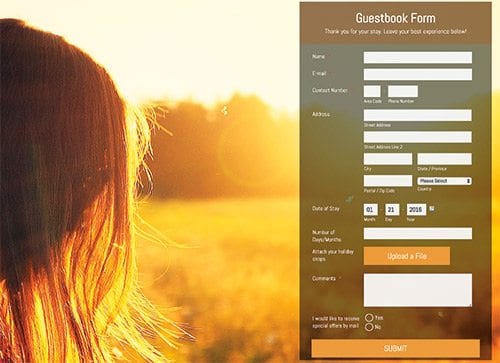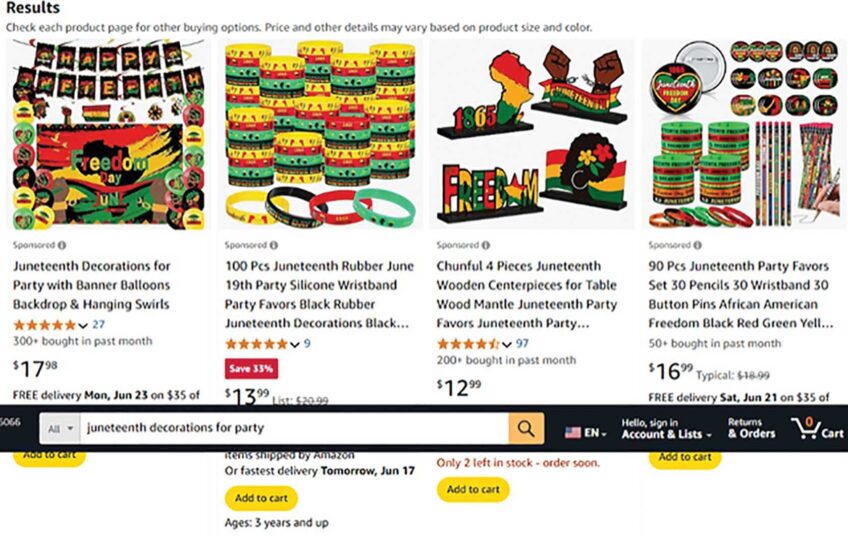
When it comes to building online forms, Google may have the name recognition, but the company is far from the only provider out there. For a variety of small business form needs, there are some more complex and customizable options out there. The good news is almost all are very low cost — and many free — and they provide simple and easy ways to make forms work for any business.
The power in forms is how they can be used to streamline many business functions, especially when it comes to data. Common uses for online forms include contact information, job applications, reservations, document uploading, simple surveys, event calendars, time sheet and sales/lead collection.
JotForm has been in business providing online form-building services since 2006. It has close to two million users and customers ranging from Fortune 500 companies to colleges and universities to tens of thousands of small businesses.
What JotForm does well is deliver the qualities most businesses want when it comes to help with forms — easy to build and easy to use. Small businesses, in particular, may not have anyone on staff with web design or HTML experience, so any web form service that requires such expertise would be of little value.
According to Leeyen Rogers, JotForm’s vice president of marketing, the growth of the online form-building sector has business customers demanding and expecting more complicated forms and integration with company processes — all in a free model.
The form-building sector has a fairly standard practice of offering trials or limited use for free, with heavier use or more complex forms costing money.
JotForm’s approach is to base pricing on the number of forms that are submitted, but it offers its most complex form-building options for free. A company can have up to 100 forms a month submitted for no cost; between 100 and 1,000 submissions per month for $19 per month; up to 10,000 for $39 per month; and up to 100,000 for $99 per month.
Rogers says recent customer demand has led JotForm to make it possible for forms to be branded with company logos and customized so that the forms appear to be coming directly from a company website. In many online form builders, including Google, the form has the logo of the form-building company, not the company using the form.
Another trend Rogers notes is the increasing call for more widgets to use in forms. Like those popularized on mobile device screens, widgets can link a form to additional functions such as video, audio, photo, analytics, mapping or social media.
To compete in today’s market, form builder companies must constantly innovate and update their services.
“We are always trying to think of the next big idea or how far we can go with our core product,” Rogers says.
Not surprisingly, many online form builders have come to stand out in particular areas over others, so today’s businesses can make a choice based on their particular form needs.
Look at some form builder options and see what they do best.








